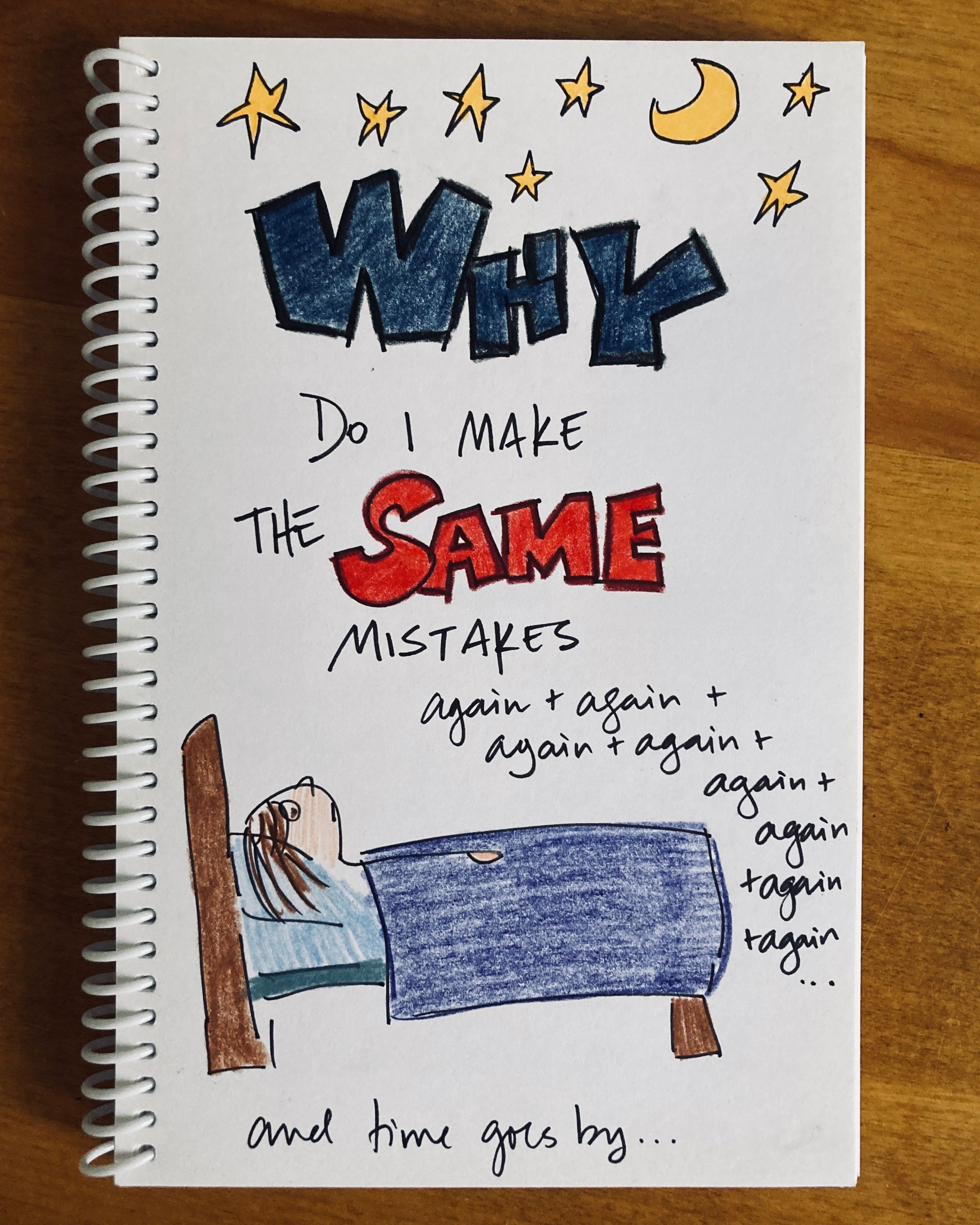finding the time
I wish that I could consistently wake early to sit and write in the dark before anyone else is up. I like having a quiet hour to myself before the day begins to make its demands—to feed the children, get them to school, meet this deadline, meet so-and-so on Zoom, and so on—but even when I wake early, the hour I take for myself is rarely quiet. Brian is up and out the door most mornings before 6 o’clock, and the children usually get up early, too.
Anyway, I am more like my mother, who hated waking before dawn, especially in the winter, when “before dawn” accounts for so much of the early morning. It was she who pointed out to me that we have to wait about two weeks after the winter solstice for the latest sunrise, which here in New York City was at 7:20 one morning (not sure exactly which one) last week. For some time I tried to become a morning person, but even when I wake early enough to have time to write between zazen and making breakfast, I find that no measure of satisfaction and gratitude for having given myself that time can keep me from also feeling cranky—monstrously cranky, growling and howling at anyone who does not comply with my demands to get dressed and help me prepare breakfast RIGHT NOW!
Clearly my body needs a later schedule. Not the schedule of a night owl—the years of high school, college, and early motherhood nearly wrecked me—but what counts I guess for a normal schedule. And so lately I’ve been pondering over the questions: When will I write? Can I really be a writer who writes in the evening?
The problem is that, like waking up too early or staying up too late, the day itself can wreck me. For example, on Tuesday right after I dropped off the nine-year-old at school, one of his teachers called because she hadn’t received a negative Covid test result for him. The details of the confusion are unimportant (schools have had to make flowcharts to make New York City’s current Covid testing protocols comprehensible to parents, and still I messed up); what broke me was that when I said that anyway my nine-year-old hadn’t been exposed to the child whose Covid was the reason rapid tests had been sent home with him, his teacher responded that of course he’s been exposed—everyone’s been exposed.
Standing in the cold on the sidewalk next to the school, I snapped out of the dissociative state that enables me to pretend that everything is OK, sort of, even as I send my children to school at this time. And then a few hours later, while I was in the kitchen heating up my lunch of leftovers, the nurse at the 13-year-old’s school called to tell me that he had a headache and to come fetch him from school. As we walked home, the 13-year-old told me that the friend he had escorted to the nurse’s office on the previous day has Covid. He had another set of at-home rapid tests in his backpack.
All that evening, the thirteen-year-old kept asking if he would be going to school the next day. He didn’t want to go. Unlike me, he can’t dissociate from what’s really going on. He’s the one at school.
At the end of a day fraught with such worry and fear, how can I find the equanimity to sit quietly enough to put words down on the page? Usually, I wouldn’t bother to try to do so. I would just go to bed, or read, or (totally counterproductively!) doomscroll. On Tuesday, though, I somehow got myself to my desk and began to write this essay—and I found that there had been no need for my inner turmoil to settle before I began. I found the necessary equanimity in the process of writing itself. I was reminded of what my Zen teacher tells me again and again, that we need practice most when things are chaotic, when we feel terrible, and when we least feel like practicing.
What’s really at stake here? With everything else that’s going on, why should care so much if I find the time to write or not? Questions like these invariably arise when I assert my desire to do something (writing) when I am the only person in the world who really needs me to do it. This week my answer to these questions came in the form of remembering this picture I drew last November.

This picture is a rough and personal rendering of Pamela Colman Smith’s Nine of Swords—the card of regretful sorrow, and one of the 78 cards of the Tarot that speaks to me most vividly. Among my many mistakes, or regrets, are the days of not writing. Whatever it is that I am not attending to when I am not writing wakes me at 4am, and it keeps me up in terror.
As always, take care!! xox



